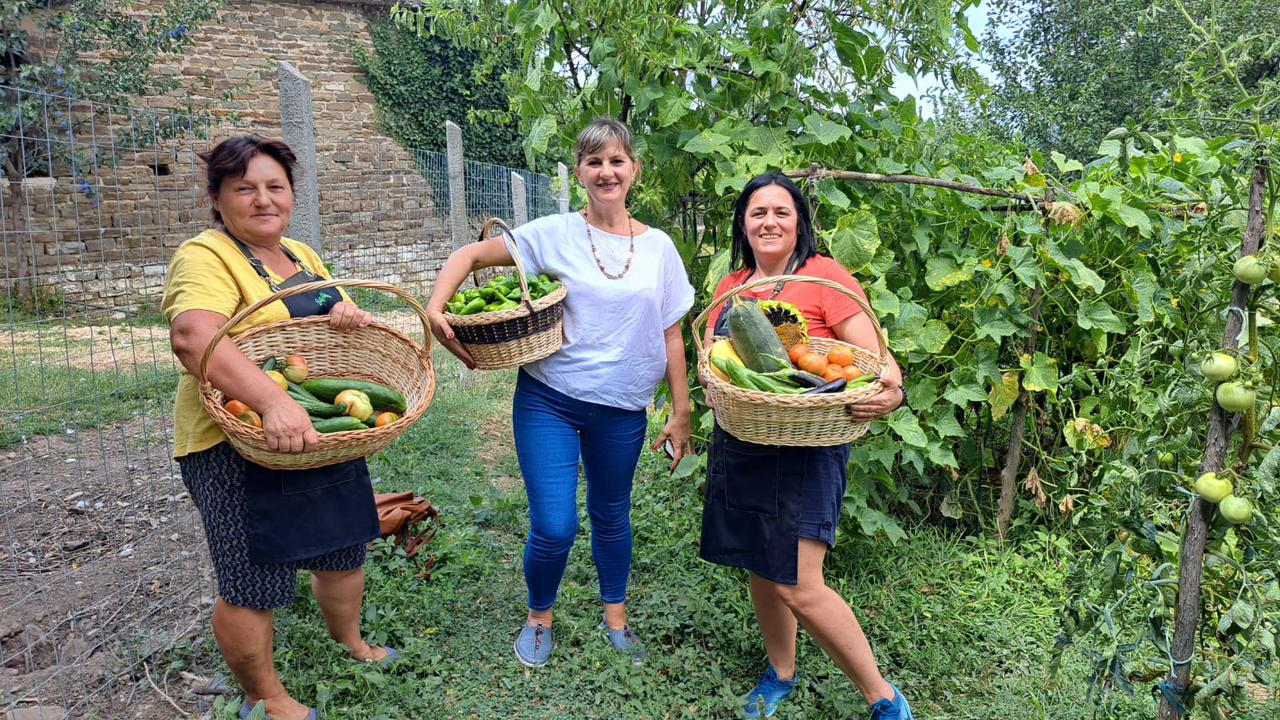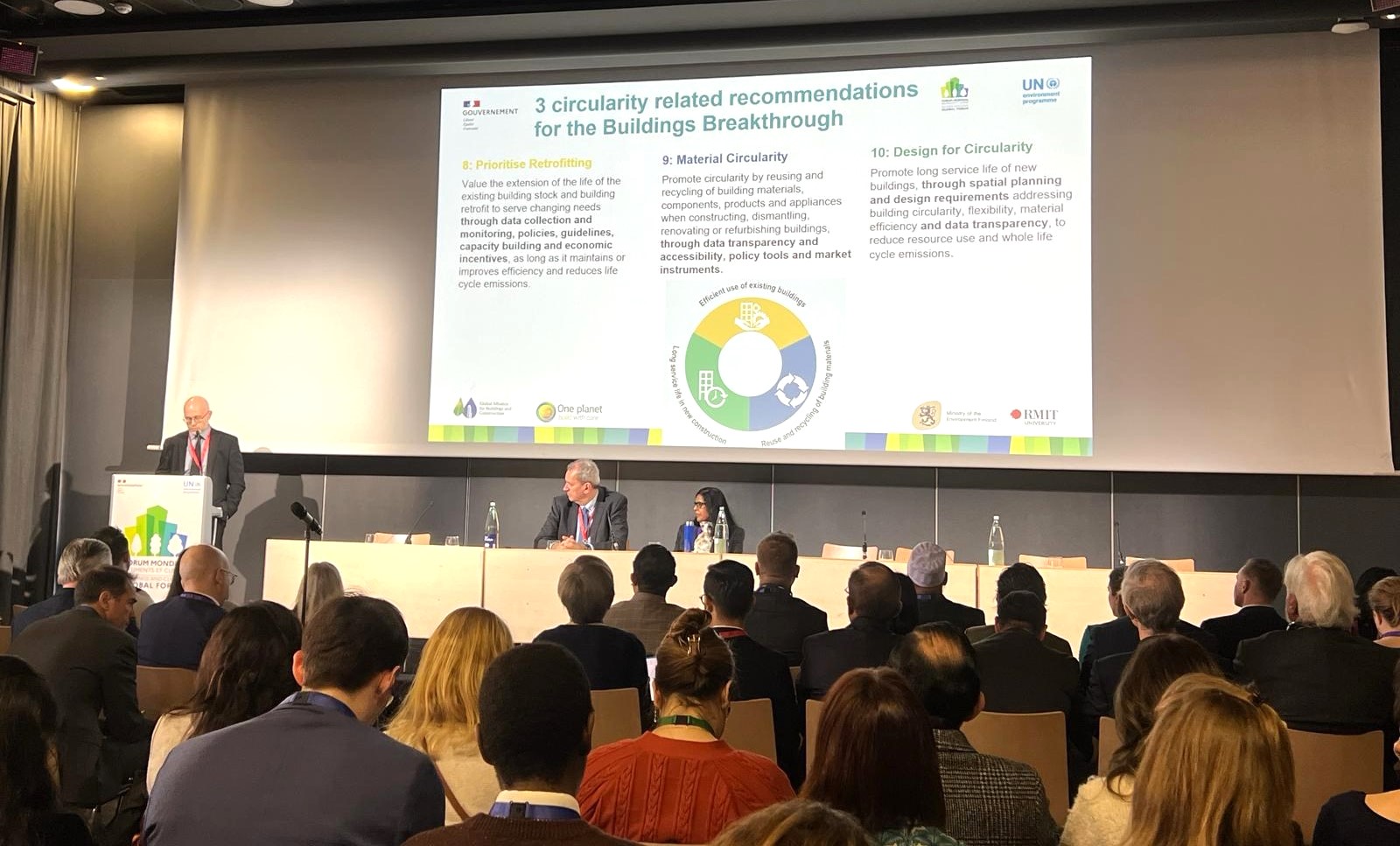Sustainable Tourism Zone of the Greater Caribbean (STZC)
The Sustainable Tourism Zone of the Greater Caribbean (STZC) is the realization of The Convention signed by the Heads of State and Governments of the Association of Caribbean States (ACS) establishing the Region as a Sustainable Tourism Zone. The STZC seeks to enhance and promote the efforts made by ACS countries in incorporating the principles of sustainable development in integrated tourism, based on indicators designed for the region that also align with similar programs and the SDGs.
-To consolidate the STZC, as a geographically determined cultural, socio-economic and biologically rich and diverse unit, in which tourism development will depend on sustainability and the principles of integration, co-operation and consensus, aimed at facilitating the integrated development of the Greater Caribbean.
-To promote stakeholder engagement by providing a forum for ACS Countries, regional organizations and tourism stakeholders for the exchange of knowledge, best practices and experiences regarding sustainability.
-To collaborate with partner institutions through the development of interdisciplinary research aiming to a better understanding of the dynamics and variables that impact the sustainability of STZC destinations.
- To develop tools that will assist ACS Countries in the assessment of the degree of sustainability of their destinations and the implementation of STZC indicators and criteria.
- To promote competitiveness of tourism destinations in the Greater Caribbean by developing a Certification Program based on the indicators and criteria of the Sustainable Tourism Zone of the Greater Caribbean (STZC).
-To build capacity at a National Authority Level by providing them with the necessary tools and knowledge pertaining sustainable destination management.
-To harmonize the STZC system of indicators with similar initiatives, in order to incentivate the overall the adoption of sustainability practices and join efforts for the accomplishment of SDG 12: Ensure sustainable consumption and production patterns.
Completed Activities:
- Development of the main tools for training and validation of the degree of sustainability: Destination Evaluation Form, STZC information website (to under maintenance and updates) and Self Assessment Calculator Tool.
- Elaboration of the Project Concept Document:"Increased Competitiveness in Tourism Development in the Greater Caribbean through the Implementation of Tourism Sustainability Certification".
-Capacity building workshops for the Verification of the Implementation Progress of the Indicators in the Destinations of the Sustainable Tourism Zone of the Greater Caribbean (STZC)-Pilot Phase.
- Revision of the thematic areas of the Directorate of Sustainable Tourism (DST): Sustainable Tourism Zone of the Greater Caribbean, Capacity Building in the Tourism Sector and Community Based Tourism) to identify the contribution made by the ACS to the accomplishment of the SDGs.
Ongoing Activities:
-Collaboration with the George Washington University, the Organization of American States and The Global Sustainable Tourism Council (GSTC) to develop the Report on Sustainability of
Caribbean Destinations.
-Strengthening and validation of the STZC tools with support of partner institutions.
-Planning of the 2018 Capacity building workshop for the Verification of the Implementation Progress of the Indicators in the Destinations of the Sustainable Tourism Zone of the Greater Caribbean.
Impacts:
1. The establishment of the Sustainable Tourism Zone of the Greater Caribbean in 2001 and its ratification in 2013, have led to the commitment of 25 ACS Countries to nominate 39 Destinations to be a part of the STZC and begin the journey towards achieving a high level of sustainability.
2. Focal Points of the National Tourism Authorities who participated in the pilot phase of the capacity building workshops, have been provided with the knowledge and tools to collaborate with Local Destination Managers in the self assessment of their tourism destinations and to t lead the implementation of STZC indicators.
Expected Impacts:
1. The Report on Sustainability of Caribbean Destinations (GW- ACS-OAS-GSTC) will reflect the health of Caribbean tourism destinations based on third-party assessments of sustainability and offer the tourism sector an insight into the benefits, challenges and trends pertaining destination sustainability and the adoption of internationally recognized sustainability criteria.
2. Certified tourist destinations of the Sustainable Tourism Zone of the Greater Caribbean in the Greater Caribbean will represent a new and solid opportunity for the Region to access new market niches by presenting a differentiated offer, based on sustainability, climate resilience and integration.
3. Accomplishment of a stepping stone for Multidestination Tourism in the Greater Caribbean.
The Directorate of Sustainable Tourism (DST) of the ACS supports the accomplishment of the SDGs and fosters synergies and complementarities with other regional organizations.
Currently the network of partners includes the following: Ministries of Tourism of ACS Member States and Associate Members, World Tourism Organization (UNWTO), Caribbean Tourism Organisation (CTO), Economic Commission for Latin America and the Caribbean (ECLAC), Organisation of Eastern Caribbean States (OECS), Central American Tourism Integration Secretariat (SITCA), Organization of American States (OAS), Sustainable Travel International (STI), Spanish Association of Scientific Experts in Tourism (AECIT) and Fair Travel International.
Members of the Global SCP Clearinghouse Network are invited to contact the DST in order to exchange information, identify cooperation areas and discuss collaboration opportunities.
Tanya Amaya Castro
Sustainable Tourism Adviser / Asesor de Turismo Sostenible / Assessor du Tourisme Durable
Association of Caribbean States (ACS)
5-7 Sweet Briar Road, St. Clair, P.O Box 660,
Port of Spain.
Republic of Trinidad and Tobago.
Tel: 1 868-622-9575 ext 250 / Fax: 622-1653 / Email: : tamaya@acs-aec.org
External source(s)
Image

Association of Caribbean States - Directorate of Sustainable Tourism
Project start date
01/01/1970
Project end date
01/01/1970

